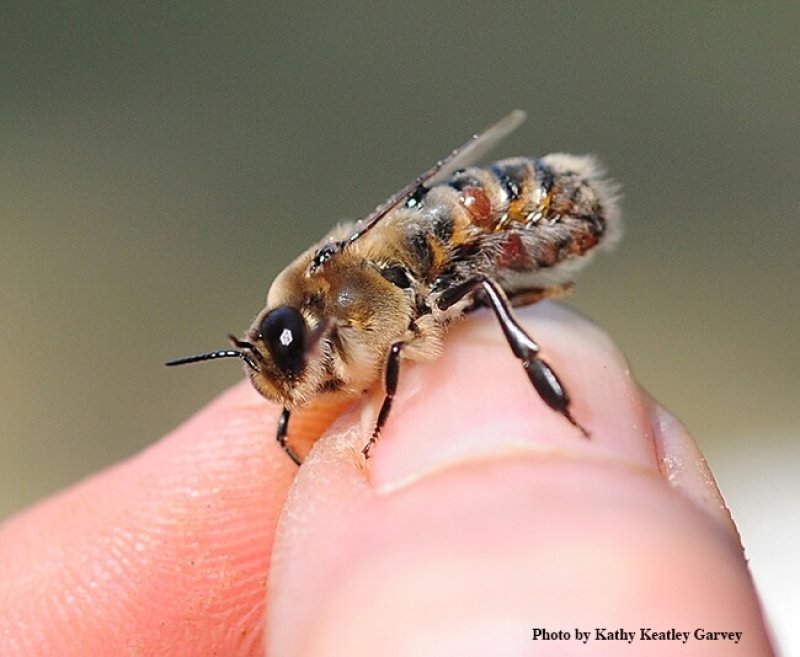[RNA-based COVID vaccines let] a vaccine-recipient’s immune system learn to recognise a crucial part of the enemy before the real thing turns up.
Helping to make proteins is not, however, RNA’s only job. Among many other things it is central to a process called RNA interference, which prevents, rather than facilitates, the manufacture of specific proteins, [called RNAi].
…
Some biologists, though, think RNAi may have an important non-medical use as well, as a precisely targeted, environmentally friendly pesticide.
The theory is simple. Identify a protein crucial to the survival of the pest in question. Tailor a specific interfering RNA molecule to sabotage production of that protein. Deliver it into the bodies of the pests. Then wait for them all to die.
Top of the list of potential beneficiaries are honeybees. These semi-domesticated insects, important not only for their eponymous product, but also as pollinators, are plagued by Varroa destructor, a mite a couple of millimetres across
…
GreenLight Biosciences, a company in Boston, wants to help. It has bought from Bayer, a German pharmaceutical and life-science firm, the rights to an experimental Varroa pesticide based on RNAi. Andrey Zarur, GreenLight’s boss, hopes this will succeed where other methods fail.































